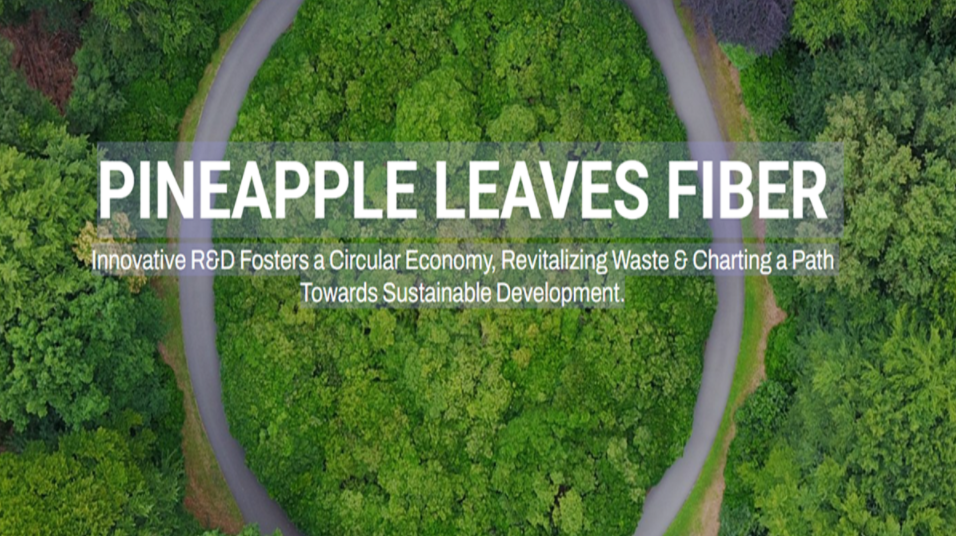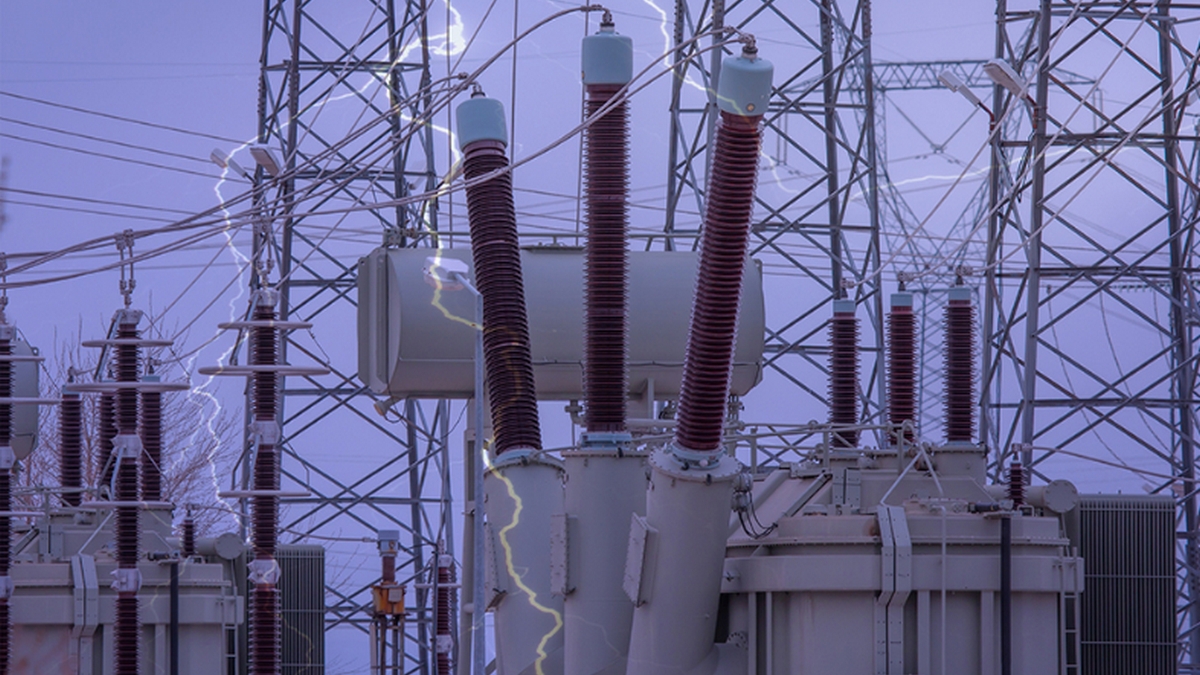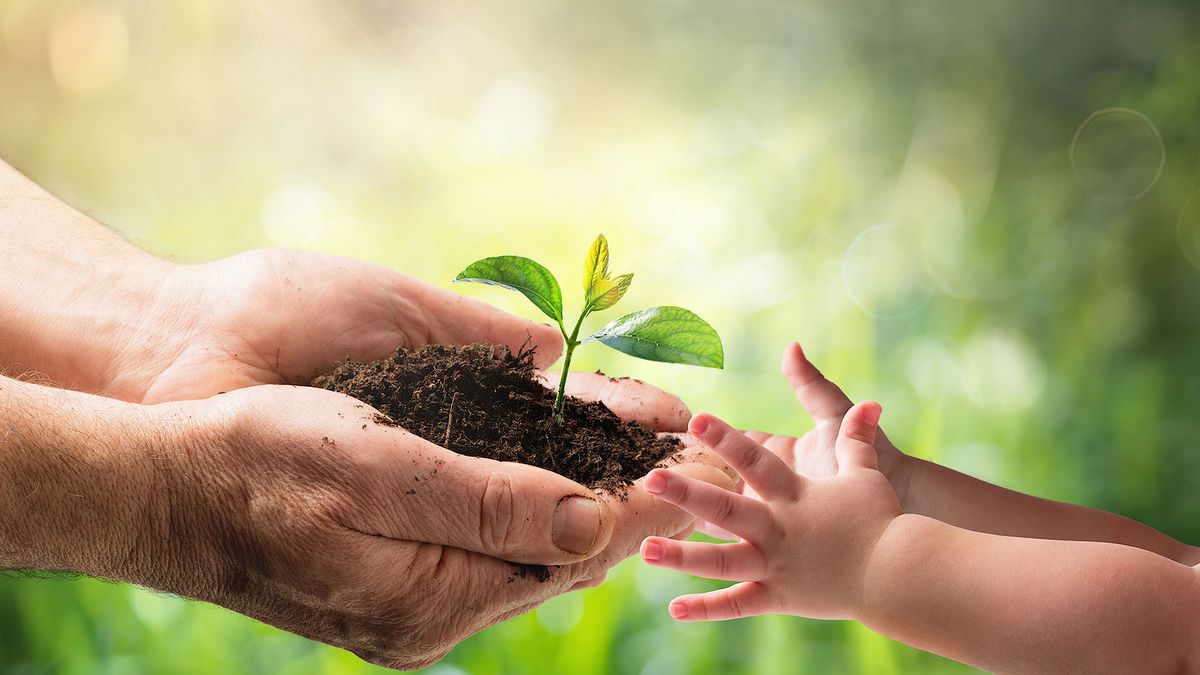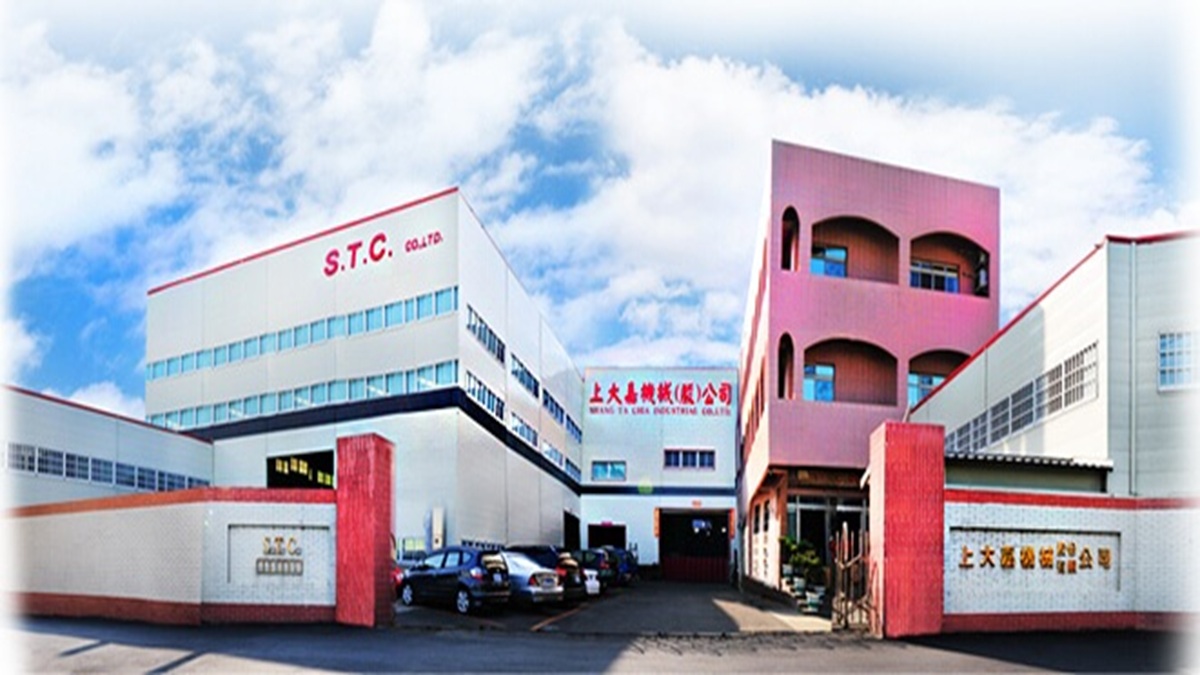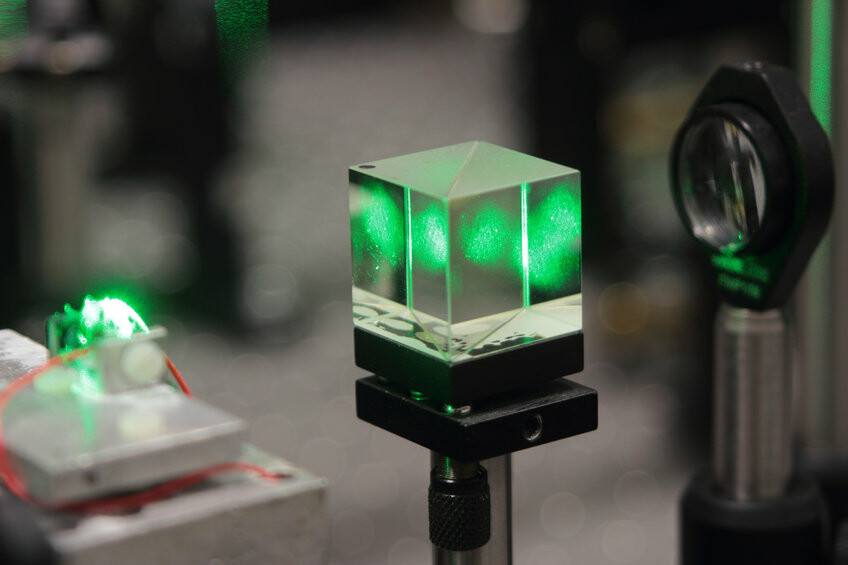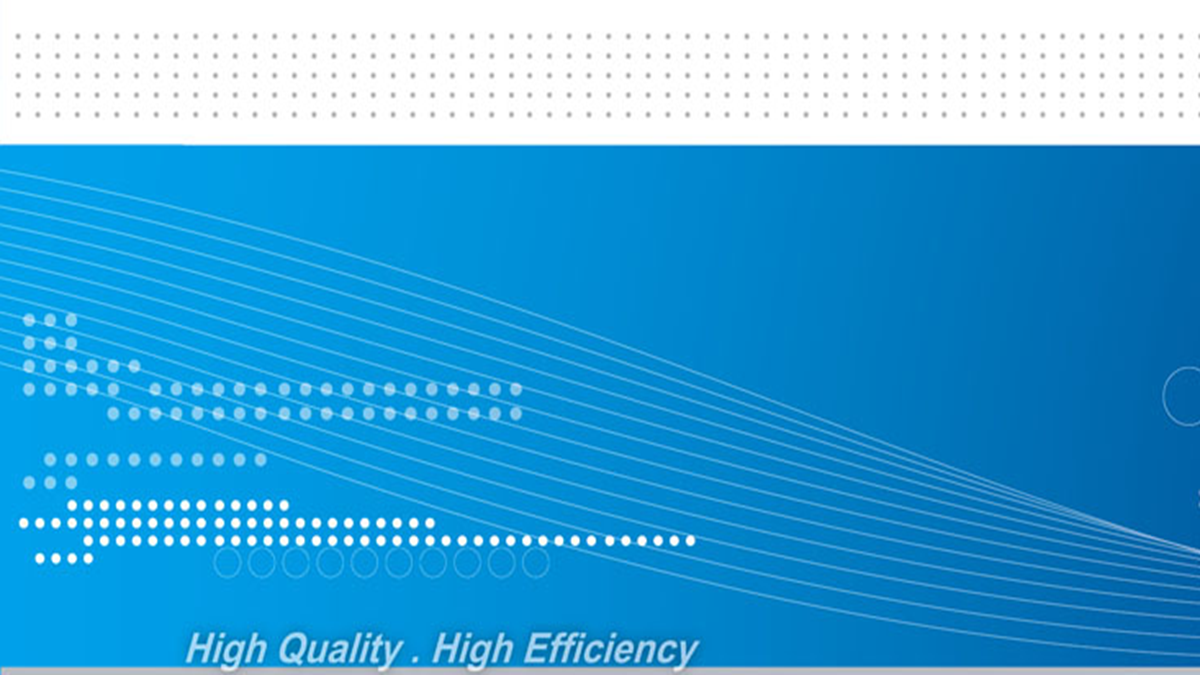Pineapple Leaves Fiber, as an innovative textile material, is not only eco-friendly but also effectively reduces agricultural waste. Exclusively developed and applied by Taiwan’s UKL, it creates a new fabric option that combines breathability, antibacterial properties, and durability.
The Evolution of Textile Materials
The history of clothing can be traced back to around 100,000 years ago. By the late Stone Age, there were already records of fabric usage. Artifacts unearthed from China's Banpo and Qianshanyang archaeological sites reveal the early development of fiber weaving techniques. Later, the emergence of China's renowned silk—and its spread to Europe via the Silk Road—had a profound influence on global textile craftsmanship. In the centuries that followed, regions such as India, Egypt, Persia, and Italy each developed their own distinctive textile technologies. Entering the 20th century, the invention of synthetic fibers like nylon and polyester marked a new era, officially ushering the global textile industry into modernity.
Disadvantages of Synthetic Fibers
Due to the reliance on raw materials provided by the petrochemical industry, the production of synthetic fibers—from raw material extraction and manufacturing to end-of-life recycling—generates a significant amount of carbon emissions. As global warming becomes an increasingly urgent issue, people have begun to reflect on the environmental impact of existing materials and actively seek more sustainable and eco-friendly alternatives.
A Natural Alternative — UKL Pineapple Leaves Fiber
As an agricultural waste, pineapple leaves were traditionally disposed of through piling or burning—methods that not only take up significant space but also release large amounts of carbon dioxide during combustion, putting additional strain on the environment. However, UKL has developed its own proprietary technology to give new life to these discarded pineapple leaves. By extracting Pineapple Leaves Fiber, UKL successfully transforms the material into regenerated products such as yarn and leather alternatives. This not only helps reduce agricultural waste but also significantly cuts carbon emissions, offering a fresh and sustainable solution for the textile industry.
Applications of Pineapple Leaves Fiber
Currently, Pineapple Leaves Fiber has been practically applied in a variety of sustainable materials, specifically including:
Yarn Applications:By blending Pineapple Leaves Fiber with cotton or other natural fibers, it can be spun into strong and durable yarn. This not only reduces reliance on other raw materials but also enhances the structural strength and durability of the yarn.
Fabric Manufacturing:By blending Pineapple Leaves Fiber with other materials to weave fabric, the use of traditional fibers can be effectively reduced, thereby lowering carbon emissions. At the same time, Pineapple Leaves Fiber offers good breathability and natural strength, along with certain antibacterial properties, making the final products well-suited for close-fitting or functional apparel development.
Eco-Friendly Plant-Based Leather:Using patented technology, Pineapple Leaves Fiber is transformed into plant-based leather that can replace animal leather. This material not only maintains a high-quality feel and durability but also reduces the ethical controversies and environmental pollution associated with the traditional leather industry, offering a fashionable and sustainable alternative.
Advantages of Pineapple Leaves Fiber
Compared to Petrochemical Textile Materials
Pineapple Leaves Fiber offers clear environmental advantages over petrochemical-based fibers like polyester and nylon. Since its production does not rely on fossil fuel resources, it significantly reduces carbon emissions and eliminates the issue of microplastic pollution, making it much more eco-friendly.
Compared to Natural Textile Materials
At the same production volume, Pineapple Leaves Fiber has a significantly lower carbon footprint: it reduces carbon emissions by about 50% compared to cotton and up to 90% compared to hemp plants. Additionally, the water usage for Pineapple Leaves Fiber is far lower than that of traditional natural fibers—about 97% less than cotton—greatly reducing water consumption during production.
Bluer Skies, Cleaner Water
UKL is a professional textile manufacturer based in Taiwan, dedicated to developing more environmentally friendly textile materials. The company uses innovative technology to extract natural fibers from pineapple leaves, transforming them into essential raw materials for the textile industry. This not only effectively reduces agricultural waste and lowers carbon emissions but also gives fabrics excellent breathability, antibacterial properties, and durability, achieving a sustainable and functional wearing experience.
Let’s join hands with UKL Enterprise Co., Ltd. to create a more comfortable and eco-friendly future for clothing.


